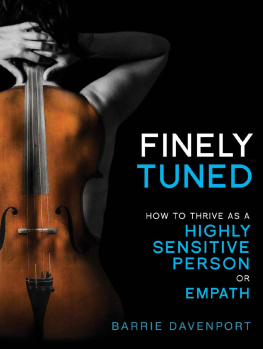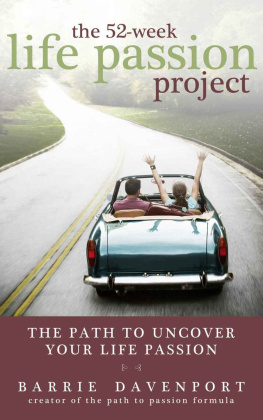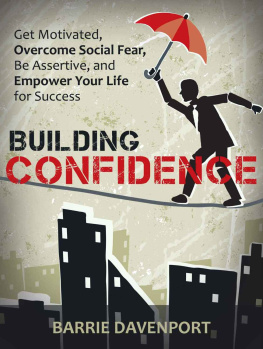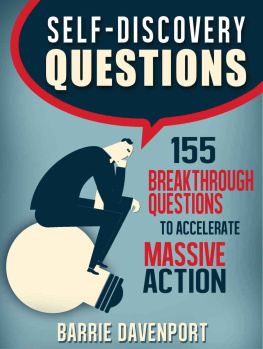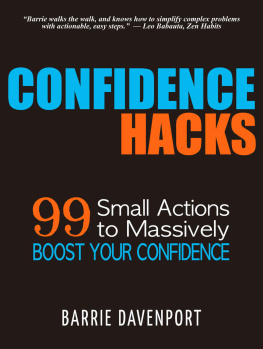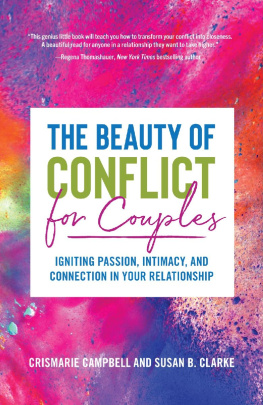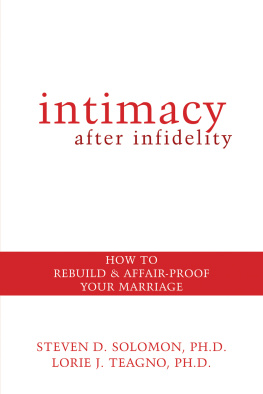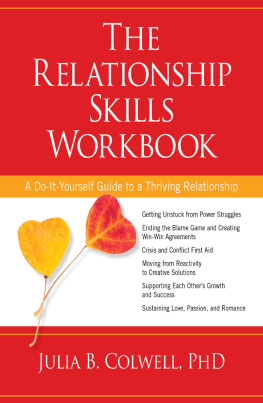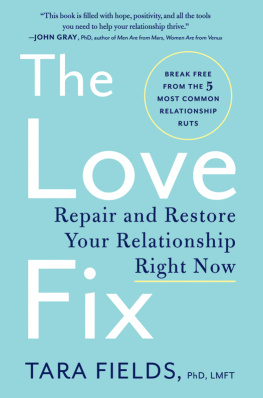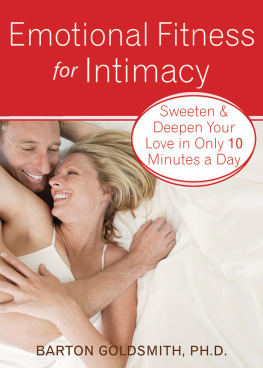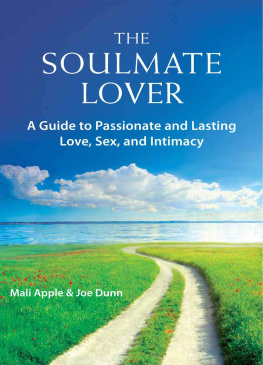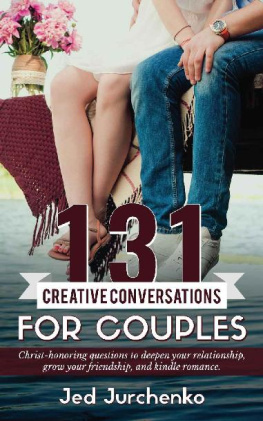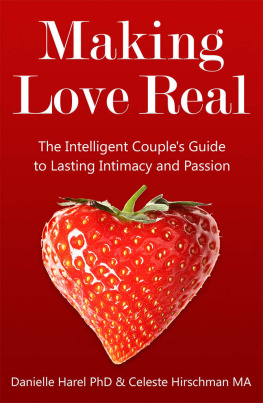Barrie Davenport is a certified personal coach, thought leader, author, and creator of several online courses on self-confidence, life passion, and habit creation. She is the founder of two top-ranked personal development sites, Live Bold and Bloom.com and BarrieDavenport.com. Her work as a coach, blogger, and author is focused on offering people practical strategies for living happier, more successful, and more mindful lives. She utilizes time-tested, evidence-based, action-oriented principles and methods to create real and measurable results for self-improvement.
You can learn more about Barrie on her Amazon author page at barriedavenport.com/author .
Introduction
The beginning of love is to let those we love be perfectly themselves, and not to twist them to fit our own image. Otherwise we love only the reflection of ourselves we find in them.
~Thomas Merton
Consider this for a moment: why did you get involved in your love relationship in the first place? Was it, as Merton suggests, to find a reflection of yourself? Were you hoping to find the one person who would complete you and meet your needs? Maybe you were looking for someone to finally make you happy. What were your expectations from love and this person who stands by your side?
Primarily we develop our love relationship because, well, we fall in love. We are magically drawn to this wonderful person who can do no wrong and whose mere presence makes us melt into a puddle of aching desire. We dont tend to think about the why of it. When we find love, were too deliriously happy to consider the reason for our good fortune. Yet behind the powerful, chemically driven feelings of love and attraction are the more practical desires for companionship, emotional intimacy, and a sense of belonging and security.
Not too long ago, we expected a romantic partnership to inevitably lead to marriage, a contract that ensured some financial stability, respectability, and hopefully progeny. Love and sexual chemistry were optional. Today, most people view marriage as a bond between equals grounded in mutual love and respect. Rather than reflecting the unique, gender-based roles of unions just 50 years ago, most marriages today are based on flexible divisions of labor, companionship, and sexual attraction. These evolving views about marriage have paved the way for gay marriage, acceptable cohabitation, and a variety of lifestyle choices for all love relationships.
In fact, marriage itself is becoming increasingly optional, with more people choosing to delay it or avoid it altogether in favor of living together. According to the Pew Research Center , the median age for marriage in the early 1980s was 25 for men and 22 for women. However in 2011, the median ages for first marriages hit a record high of 29 for men and 27 for women. The Pew report found that couples no longer feel the need to be married to become parents and the options of other lifestyles, such as living alone or living with partners, has contributed to delaying marriage. Most divorced people are choosing to avoid marrying again. Only 29 percent of people who have been married before say theyd be willing to take another trip to the altar.
So what do these statistics and the changing views about love and marriage have to do with your committed relationship? The important take-away here is that love relationships are no longer defined by convenience and traditional roles. Whether you are married, living with someone, or dating, you have the freedom to create a deeply satisfying bond based on love, sexual attraction, friendship, intimacy, and mutual respect. Being in a committed, intimate relationship does lead to a more satisfying life. According to a Cornell University study , people who are in a committed relationship live longer, are happier in general, and tend to accumulate more wealth. The strongest commitments create the most satisfaction.
But if thats the case, why are relationships often so difficult and painful? Why do we argue, belittle, and disengage from the one person were supposed to love most? We have more freedom than ever to enjoy a healthy, loving relationship, yet we cant seem to manage conflict and stress with our beloved. The very same person whose gaze left you reeling with passion in the beginning is now the one pushing all your buttons and making you crazy.
I find it ironic that we go through extensive training to drive a car and spend years in school preparing for a career, but theres no expected or required training when it comes to this most vital part of our livesour love relationship. No one teaches us how to be a good partner, how to nurture the health of the relationship, and how to resolve differences in a mature way. We jump in like blind fools, certain that love will conquer all.
If were lucky, we had good role models in our parents, but even so, our particular relationship has its own nuances, issues, and unsightly bumps. Once the initial infatuation wears off, we are left with few skills to navigate those bumps and maintain the vitality and joy of the connection. Over time, many couples wind up in their separate corners, scowling at each other from a distance. This certainly isnt what we thought would happen when we first stared at our lover across the room and our hearts melted.


